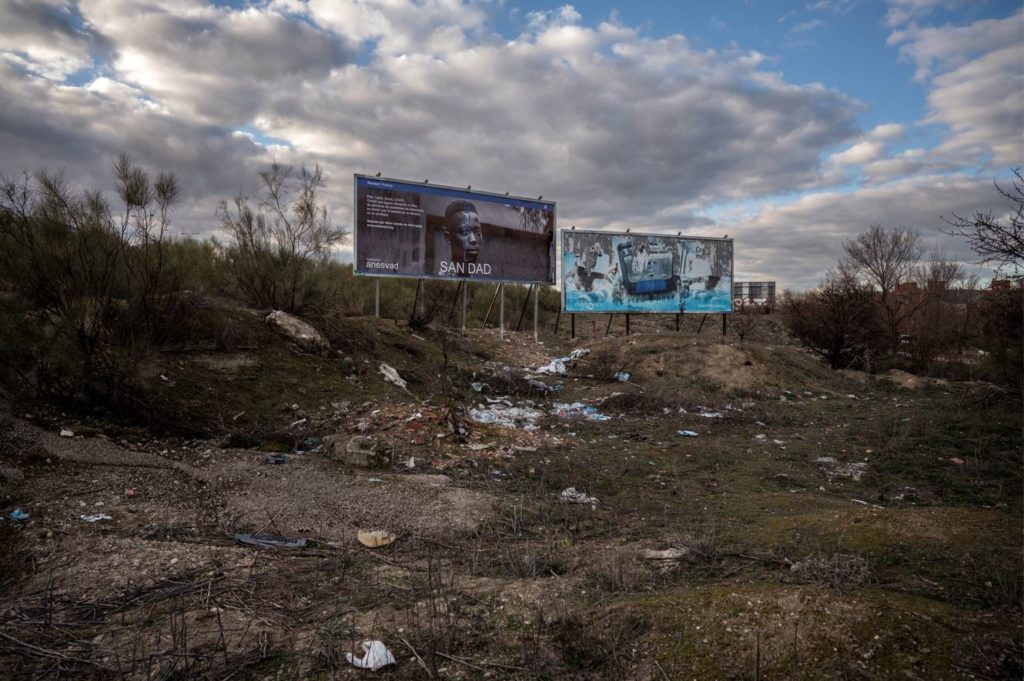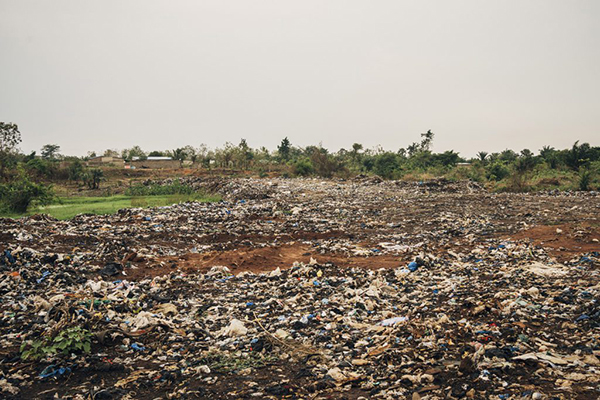In 2022 we celebrate World NTD Day with a commitment to give a voice to people suffering from these neglected diseases. We aim to ‘look where no one else looks’ in order to raise awareness of this global health problem affecting millions of people within impoverished settings.
Up until 2021, NTDs were one of the few global health and development problems that did not have its own specific awareness marker. At the 74th World Health Assembly, held in May 2020, the WHO designated January 30th as its ‘Neglected Tropical Diseases Day’.
Back in 2020, Fundación Anesvad and over 300 organizations combatting NTDs joined forces on an unofficial basis as part of the World NTD Day platform. In this way we seek to be a global megaphone to highlight the burden that NTDs represent for millions of people, preventing their full development.
Where no one else looks: over 50 years combatting neglected diseases
Taking advantage of World NTD Day we want to ensure that society looks at these people no one looks at. To make these people who suffer NTDs in impoverished settings visible. Skin diseases that can be detected and treated quickly, effectively, and cheaply, but which no one is interested in because the people who suffer them are invisible.
Even though we have just one official day to raise awareness, at Fundación Anesvad we have spent over 50 years constantly fighting to eliminate, control, and even eradicate the most neglected diseases in the most neglected places.
And we do so by coordinating at an international level with a range of organizations in order to place these neglected realities on the agenda of governments and international bodies. We intervene in Côte d’Ivoire, Ghana, Togo, and Benin, working shoulder to shoulder with their governments and civil society so that their healthcare systems can tackle this problem. Because without training, research, detection, safe and accessible treatments, and social awareness, NTDs will never disappear.
On our mission, those suffering from NTDs always come first. Because we want them to live a dignified life, with opportunities and full development. Far from the stigma and oblivion. Because to forget them is to forget that healthcare is a right, not a privilege.






